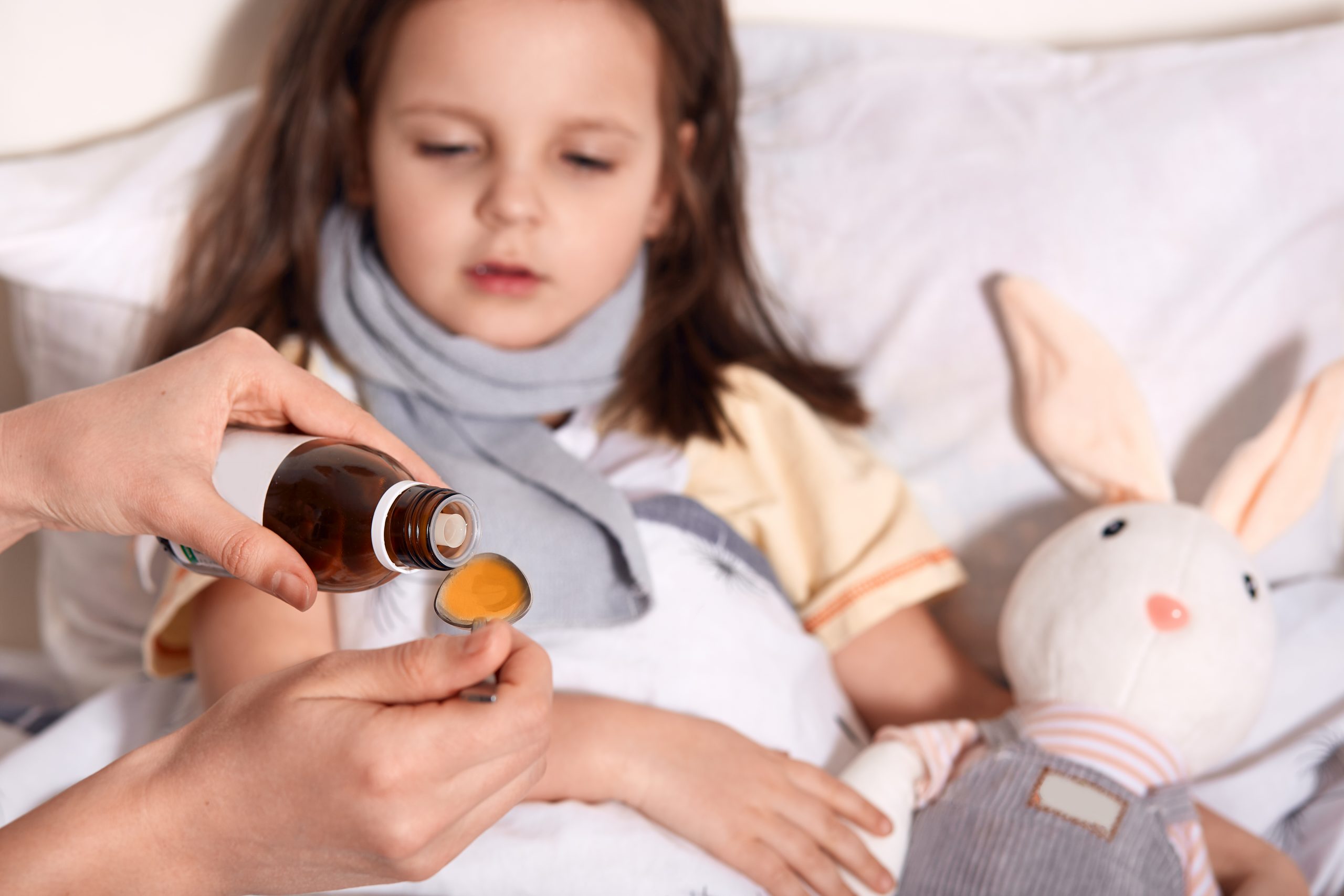

Researchers from the University of Pennsylvania’s Perelman School of Medicine, Children’s Hospital of Philadelphia, and the University of Pittsburgh School of Medicine, Children’s Hospital of Pittsburgh of UPMC, Pennsylvania, investigated the efficacy of short-course vs. standard-course therapy for children with urinary tract infections (UTI).
In a report, “Short-Course Therapy for Urinary Tract Infections in Children—The SCOUT Randomized Clinical Trial,” published inJAMA Pediatrics, 20 researchers detail the outcome of a randomized clinical trial of 664 children.
Adults with a urinary tract infection (UTI) often receive a brief course of antibiotics (three to seven days). The American Academy of Pediatrics UTI recommendations recommend longer durations of antibiotic therapy for children under the age of 24 months. The SCOUT randomized clinical trial sought to evaluate if children who improved five days after beginning antimicrobial medication might be discharged from treatment.
In the experiment, children allocated to standard-course therapy had lower rates of treatment failure than children assigned to short-course therapy, although both treatment groups had low failure rates.
The primary outcome analysis comprised 664 randomized children (median age, four years). Two (0.6%) of the 328 patients allocated to the standard-course did not respond to treatment. 14 (4.2%) of the 336 people allocated to the short course reported treatment failure.
Short-course medication increased the likelihood of asymptomatic bacteriuria or a positive urine culture at or by the first follow-up appointment 11 to 14 days later. The significance of this discovery was unknown to researchers. There were no changes in rates of UTI after the first follow-up visit, incidence of adverse events, or gastrointestinal colonization with resistant organisms across groups.
According to the trial findings, children who received standard-course therapy had lower treatment failure rates than children who received short-course therapy. While the conventional course performed better, the difference was statistically significant by just 5%. According to the research team’s post-hoc analysis, short-course therapy may be a viable alternative for children who show clinical improvement after five days of antimicrobial treatment.
more recommended stories
 High-Fat Diets Cause Damage to Metabolic Health
High-Fat Diets Cause Damage to Metabolic HealthKey Points Takeaways High-fat and ketogenic.
 Acute Ischemic Stroke: New Evidence for Neuroprotection
Acute Ischemic Stroke: New Evidence for NeuroprotectionKey Highlights A Phase III clinical.
 Statins Rarely Cause Side Effects, Large Trials Show
Statins Rarely Cause Side Effects, Large Trials ShowKey Points at a Glance Large.
 Anxiety Reduction and Emotional Support on Social Media
Anxiety Reduction and Emotional Support on Social MediaKey Summary Anxiety commonly begins in.
 Liquid Biopsy Measures Epigenetic Instability in Cancer
Liquid Biopsy Measures Epigenetic Instability in CancerKey Takeaways Johns Hopkins researchers developed.
 Human Antibody Drug Response Prediction Gets an Upgrade
Human Antibody Drug Response Prediction Gets an UpgradeKey Takeaways A new humanized antibody.
 Pancreatic Cancer Research: Triple-Drug Therapy Success
Pancreatic Cancer Research: Triple-Drug Therapy SuccessKey Summary Spanish researchers report complete.
 Immune Cell Epigenome Links Genetics and Life Experience
Immune Cell Epigenome Links Genetics and Life ExperienceKey Takeaway Summary Immune cell responses.
 Dietary Melatonin Linked to Depression Risk: New Study
Dietary Melatonin Linked to Depression Risk: New StudyKey Summary Cross-sectional analysis of 8,320.
 Chronic Pain Linked to CGIC Brain Circuit, Study Finds
Chronic Pain Linked to CGIC Brain Circuit, Study FindsKey Takeaways University of Colorado Boulder.

Leave a Comment